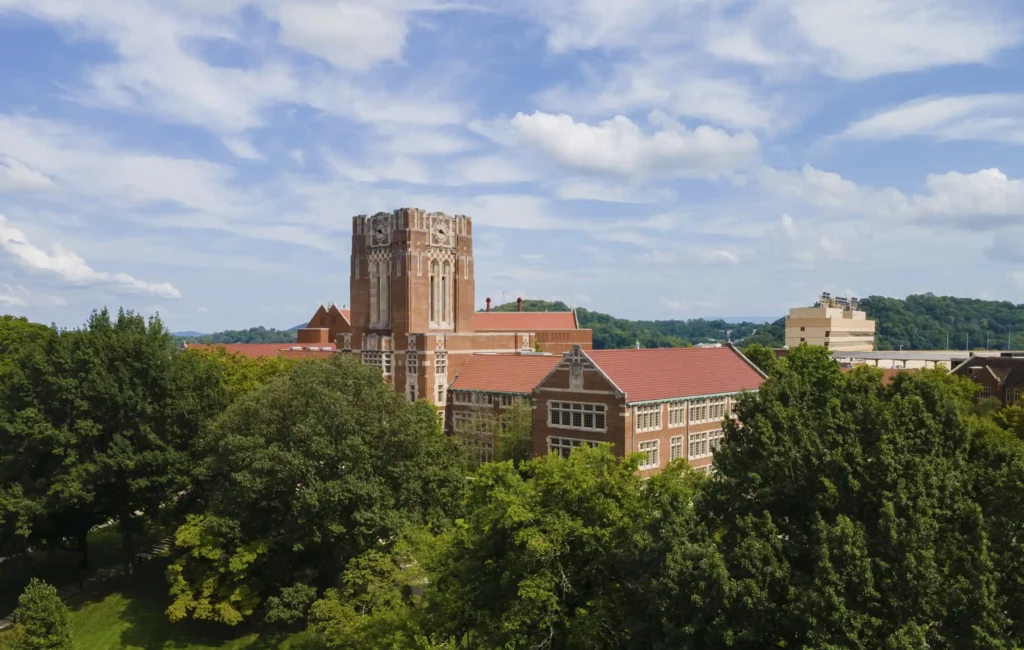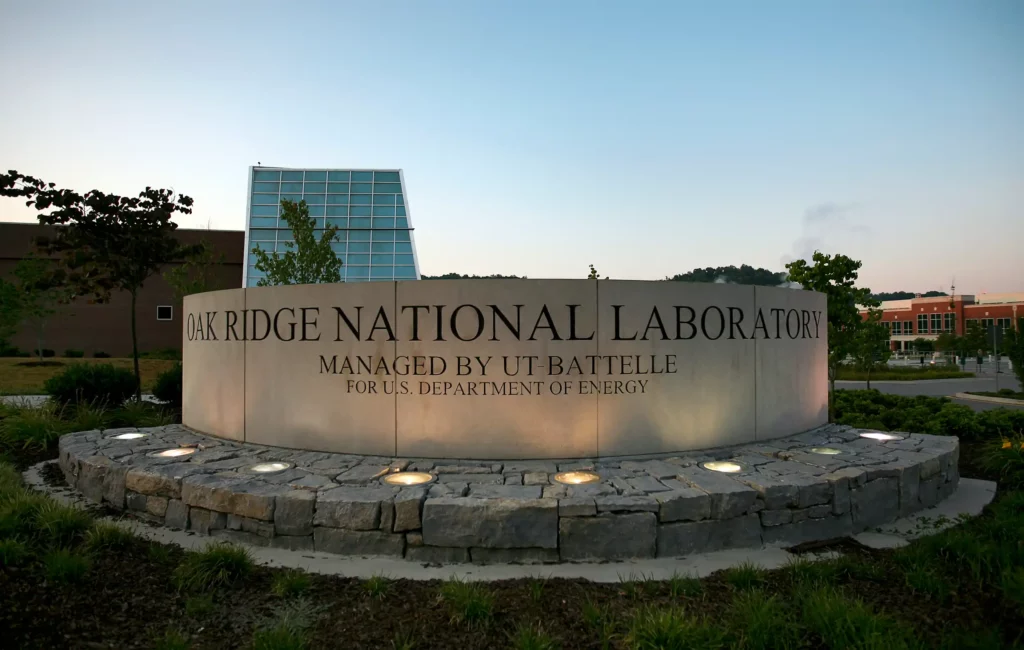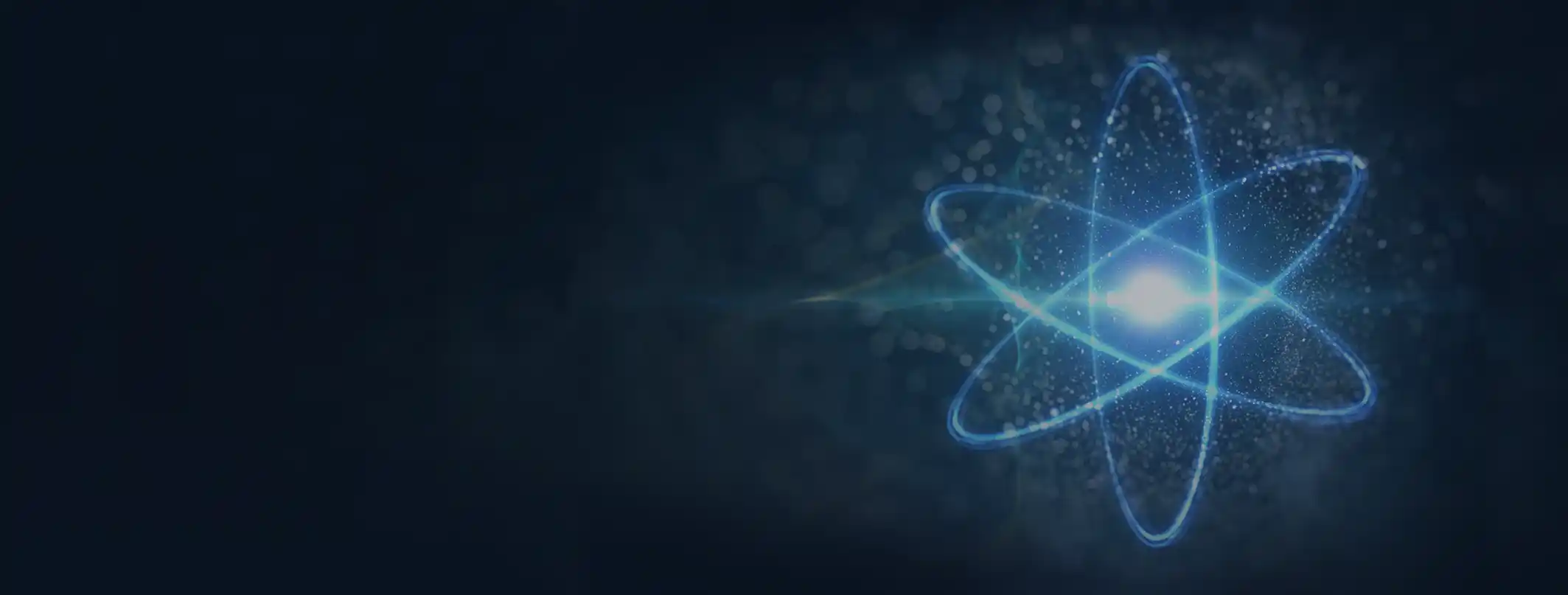

About the fellowship
The Nuclear Physics in Eastern TN (NPET) Fellowship is an undergraduate internship program at the University of Tennessee, Knoxville (UT) and Oak Ridge National Laboratory (ORNL). NPET Fellows will participate in a virtual 15-hour/week commitment during the academic school year followed by an in-person, full-time, 10-week summer program, and will be provided learning opportunities in nuclear physics.
Students will be mentored by UT professors and ORNL scientists and will be able to make contributions to leading research in:
- Low energy nuclear structure
- Nuclear Astrophysics
- Fundamental Neutron Physics
- Neutrino Physics
- Quantum Information Science
- Heavy Ion Research
In addition, students will gain valuable skills needed for a successful career in STEM fields. Selected interns will have access to leadership class facilities such as ORNL’s Frontier, the world’s fastest computer, and the Spallation Neutron Source, the most intense spallation based source of neutrons in the world.
UT and ORNL have been the site of many groundbreaking developments in nuclear physics and continue to lead the field in conducting state-of-the-art research and development in support of the Department of Energy’s missions and programs.
Who Should Apply
As part of the NPET Fellowship Program, UT and ORNL are committed to increasing diversity among interns and staff. We believe the teams required to solve the nation’s most pressing science challenges are those that bring together a wide range of backgrounds and perspectives. We look forward to receiving applications from undergraduates representing diverse experience levels and backgrounds with interest in nuclear physics.
2024 Program Dates
Application Deadline is December 10, 2023
The NPET Fellowship Program is a virtual a 15-hour/week commitment during the fall and spring academic semesters, beginning January, 2024, and continuing through the end of 2024, with an in-person, 10-week, full-time summer program in Tennessee. Fellowships can be renewed for up to one additional year.
Benefits
- $180 per week stipend during the 15-week fall and spring programs
- $480 per week stipend during the 10-week summer program
Eligibility
Before starting the application, please read through this information to ensure you are eligible for this program and are aware of the required information needed to be considered. Candidates must:
- Must be currently enrolled as a full-time undergraduate physics major in a degree-seeking program at an accredited Minority Serving Institution (MSI) at the time of application and for the duration of the program.
Full-time enrollment status is determined by the number of hours or courses the school requires for full-time attendance (defined by the Internal Revenue Service).
Contact nfomin at utk.edu with questions regarding enrollment or status. - Have a strong academic record in physics and be in good standing overall
- Be 18 years of age at time of application
How to Apply
The application will require:
- Candidate Profile
- Educational background
- Previous research experience
- Relevant Skills
- Statement of Interest (500-word limit)
- Official transcript or unofficial academic record (most recent available) showing name, school name, current classes, cumulative GPA, received degrees (if applicable). *Official transcript will be required if selected and prior to start date.
- Two letters of recommendation from a physics department faculty member or advisor
Questions? Contact Nadia Fomin
School Year Seminars and Workshops
Literature Review
This workshop will review common search tools for research, and give an overview of common nuclear physics journals.
Scientific Communication
This activity will focus on organizing ideas and communicating research. Trainees will practice the elevator pitch and prepare and peer review abstracts for a national APS conference
Team Science
This workshop discusses interacting with people in a team as a student. The discussion touches on psychological safety, barriers to inclusion, stereotype threat, and identifying allies.
Research Documentation and Persistence
This session will cover documenting research using paper and electronics logbooks and use of collaborative tools. The discussion will touch on persistence in research, dealing with frustration, and celebrating small successes.
Scientific Writing
This workshop will describe the components of the research report: introduction, methods, results, conclusions, references.
Graduate School Research Statement
This activity will discuss best practices in preparing a research statement for graduate school. Students will have prepared drafts and perform peer review of draft statements.
Additionally, we will have seminars on:
- Choosing a PhD Program
- Optimizing PhD Program Opportunities
- Career Panel Discussion
- Oral/Poster Presentation Development
- Communicating Science to the General Public
